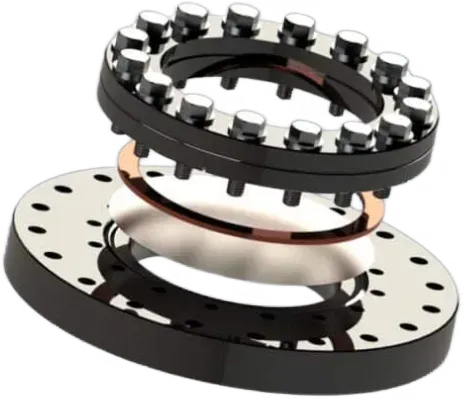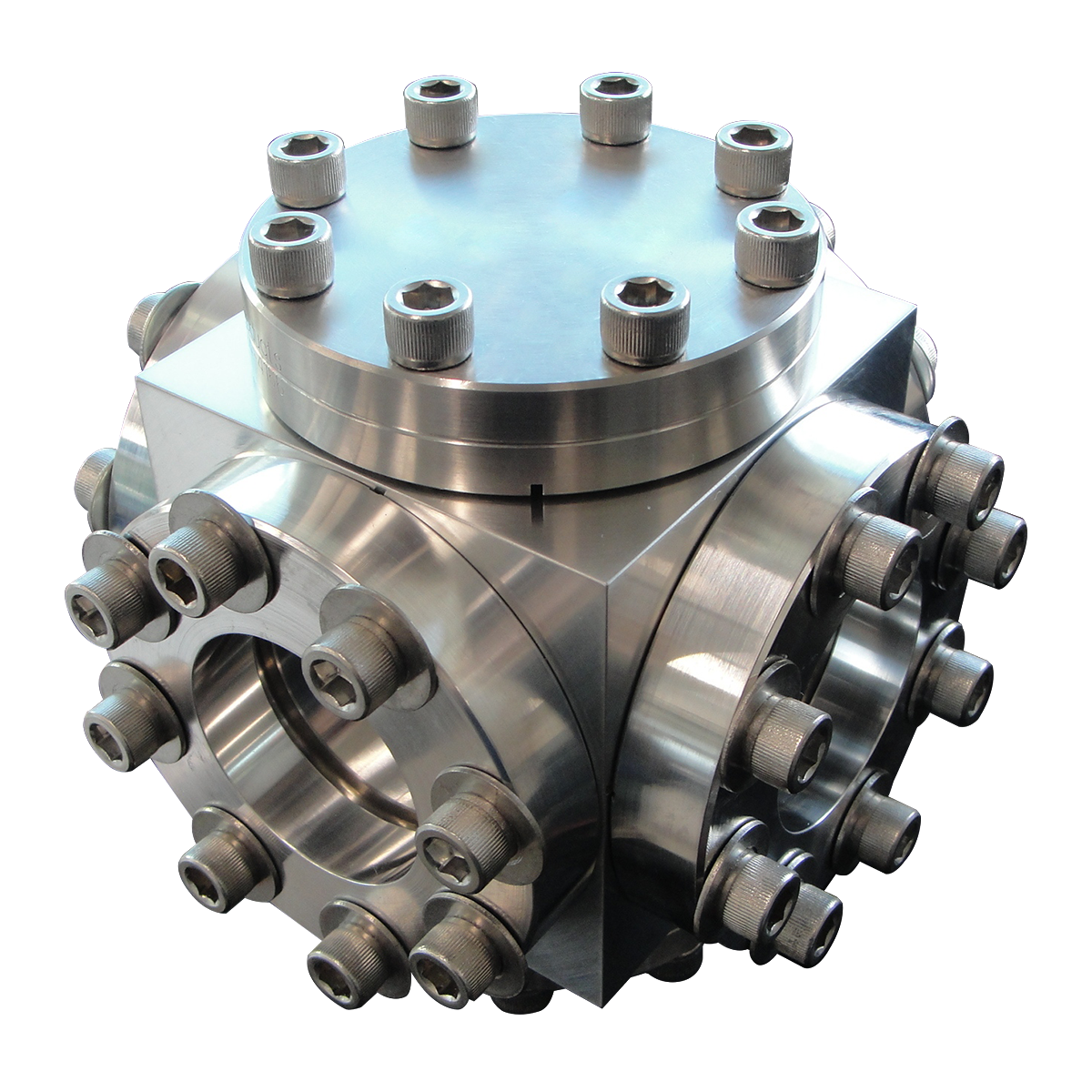Description
The Foil Window Flange System can be used to prevent downstream failures to isolate different upstream vacuum regimes (i.e. Extreme High Vacuum XHV from High Vacuum HV).
The pressure differential on each side of the titanium foil forms a drum-like tensioned head made of a thin foil trapped between the flange and a standard CF copper gasket. When connected to a vacuum conduit, the flange isolates two vacuum regimes.
The foils are low cost and user-replaceable, enabling customers to determine minimum thickness through experimentation quite inexpensively. Brazed windows, on the other hand, discourage users from achieving minimum thicknesses because of the risk and cost of trial and error. The standard thickness is 0.005”. Users can source and experiment with their own materials and thicknesses to determine optimum performance for their application.
Applications
- Research & Development
- Particle Accelerators






